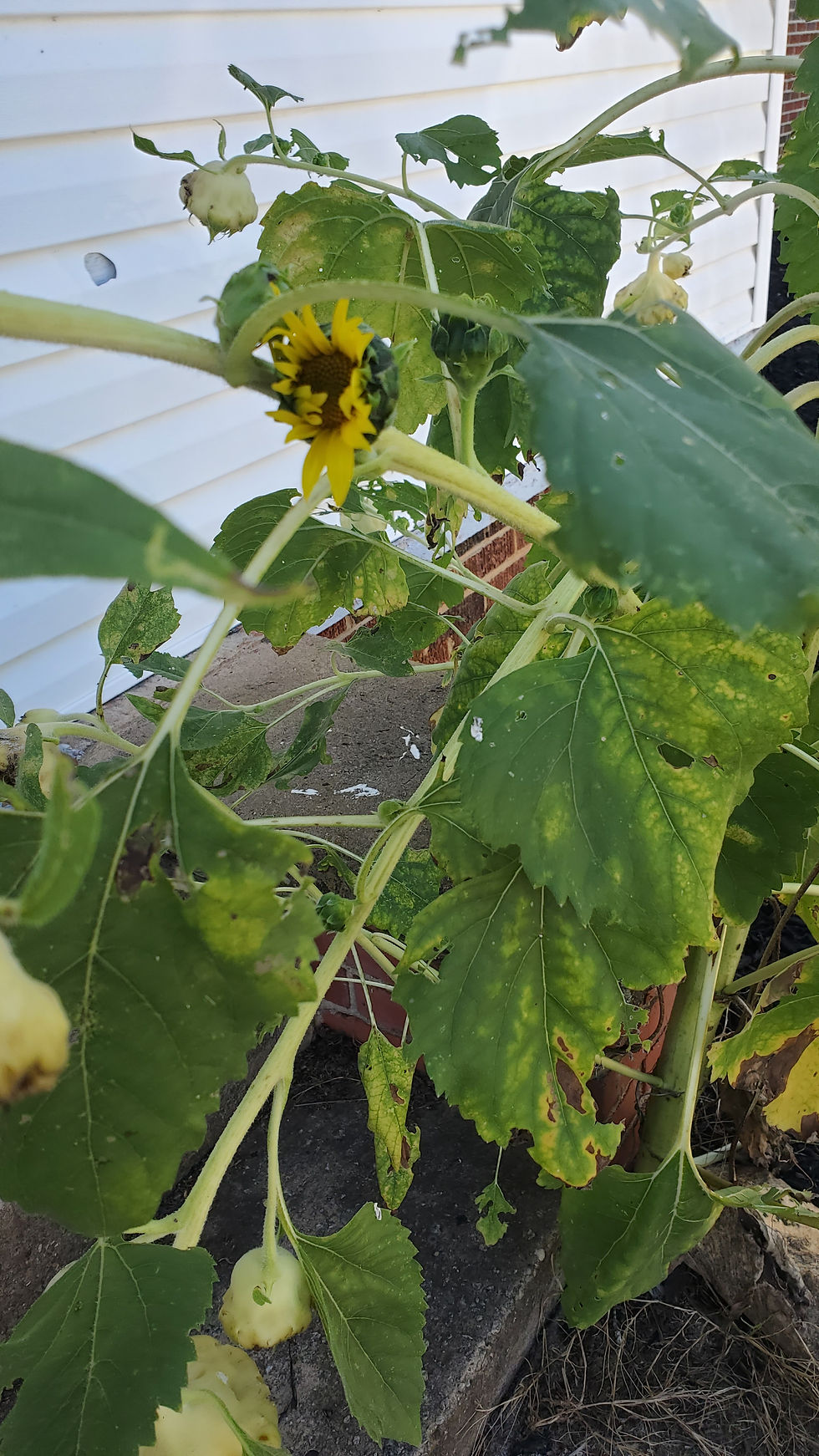Fried Chicken and Old Hymns
- Scott
- Mar 2, 2019
- 5 min read

A couple of weeks ago, our church celebrated 90 years. I found it difficult to describe what it is we were doing, simply because I wasn’t sure what you called it. Was it a birthday? An anniversary? We settled on “90 year celebration,” which seemed a pretty fitting and theologically appropriate title. We had a guest speaker for Sunday worship, I listened as many of our senior adults reminisced about the heyday of the mill, the era when our community was booming, and the way things used to be. We walked away from our Sunday morning service tired, full, and satisfied.
It was for me, however, something even more. The first Sunday I knew I was going to stay at Slater for as long as people would let me, I walked in the vestibule (narthex, foyer, meeting place: another example of how many confusing names we give to things) of a mostly empty building and looked around to see what I could learn about the people to whom I was committing. On the wall, right next to the rope that rings the bell in the steeple, was a framed, handwritten, letter. That letter was the original charter of the church, and it was dated February 10, 1929.
I took out my phone and did a quick scroll through my calendar, and I followed when all the February 10th’s would be. I made it to 2019, and saw that February 10th, 2019 would be 90 years to the day when the church was chartered. And that was a Sunday. And so it was, on a warm, late summer day in 2014, that I made a quick prayer that I never forgot:
“Lord, be pleased to see this little church be alive to celebrate its 90th anniversary.”
And so, life moved on. Our church went through some painful changes, some smooth changes. I had some really bad ideas along the way, and through it all, God used patient, faithful people to orchestrate His work in His church. By February 10th, 2019, not only was our little church still alive, the building was packed that morning. The best part of the day? It wasn’t “high attendance Sunday” sort of packed, where the building is full of people who have their name on an attendance roll somewhere, but aren’t really a part of the church. No, instead, we had two sorts of people: those who were actively serving and involved in the church today (about 85 percent of the people), and those who had family ties to our church and community, but life had moved them to other places. It was a really special day. One that reminded me of a few things that are worth mentioning as one thinks about church revitalization and replanting.
1. Tradition isn’t always bad: the truth is, we all have traditions when we live long enough. Tradition isn’t the enemy. The reality I’m learning is that once a church ages past infancy, it establishes at least some traditions. We may not like the traditions that came before us, and some of us may not like the traditions that are coming now, but the reality is that these traditions aren’t always bad.
2. Remembering history isn’t always bad: I have learned so much about mill communities (particularly mine), about how people grew up here, about things that I will never see because they are long gone and people that I will never meet because they are long gone, too. I am still learning about these things. Truth be told, I am not learning about them because they are always the absolute most interesting thing I can think of to do at the time. I am learning them because the people that are telling me these things matter to me, which means that what matters to them matters to me. You know what matters to lots of people in an older church? History. At the end of the day, we want to know that what we have done matters. We want to know that someone, somewhere will remember what we did. In fact, it is sometimes amazing to listen to stories of things the church has done in the past and consider how much those things sound like a lot of the “new, fresh” ideas that we think we are implementing. Solomon was right: there really is nothing new under the sun. History helps us see that.
3. Celebrating God’s grace in the past is a helpful way to help people look forward: we talk a great deal about monuments of grace in our church. That is the idea that, through the life of the Christian, God is constantly building memorial monuments to Himself, so that as we move forward we can look back and see His grace, then rest in the confidence that His grace will continue to be sufficient. We ought to look back, at least sometimes, and see what God has done. Now, it is certainly not a great idea to live in the past. “We just want to get back to where we were” has been the phrase of death for many churches who are stuck in the past. But the reality of leading people in general is that, if we don’t acknowledge where we were and what God has done, we will be hard pressed to get people to look to the future. If people can look back and see God’s faithfulness, then they can learn to look forward and anticipate God’s faithfulness, even if that is hard and sometimes painful.
4. There is nothing quite like table fellowship: my personal favorite part of the day was seeing 5 generations of people, all from different backgrounds, with different dress styles, different stories, different preferences and different dreams, all sitting together at long tables, enjoying time together. The Gospel of Jesus Christ is what unifies a church. If you seek to unify the church through some artificial means, then ministry becomes a full-time career of trying to placate personalities and satisfy preferences. But if you cast a vision that the Gospel is what the church gathers for, by, through, and around, then you can have divergent groups gathering together, celebrating His goodness, and actually even liking each other.
The day I waited to come for five years really felt like it took five minutes. Over and over again, I was reminded of what a blessed privilege it was to get to serve my community, to see God’s transforming work in individuals and in the church, and to celebrate God’s grace in the lives of people who were twice my age. These are gifts. Here is my encouragement for you today: stop and listen, friends. You may have aging parents, who like to tell the same story over and over again. Listen. Nothing says “you matter to me” quite like us opening our ears and shutting our mouths. You may be working in a revitalization or replant. Listen to the people that are there. Hear their stories. Listen for what matters to them. And then learn to make it matter to you. When it does, you will gain priceless insight into how to help that person see your vision for the future. But even more than that, your vision for the future is most likely going to change. It’s going to look more like the people that are there, or the people you are trying to reach. 90 years is a long time. I’ve been here a fraction of that time. But God has planned His work for this community from the foundations of the earth.
And sometimes, that work means fried chicken and old hymns. And that is valuable.



Comments